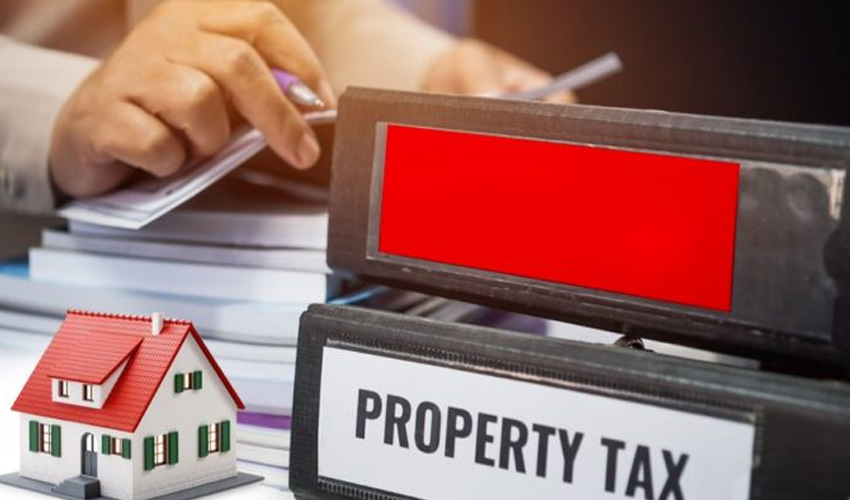The Sanctity of Personal Space: Understanding its Crucial Role in Well-being – Elijah Mcclain Autism

Personal space, an often invisible yet universally understood bubble, is essential for one’s mental and emotional well-being. It’s the physical and emotional room we require to feel secure, comfortable, and authentically ourselves. In our increasingly crowded and interconnected world, understanding and respecting personal space is not just a courtesy; it’s a necessity. This article explores the significance of personal space, the impact it has on our well-being, and how we can maintain it in various aspects of our lives. Here we read what Elijah Mcclain Autism had to say.
The Psychological Underpinnings of Personal Space
Personal space is closely linked to the brain’s limbic system, which processes emotions and threat levels. When someone invades our personal space without consent, it can trigger stress responses, ranging from discomfort to anxiety to full-blown alarm. This response is deeply rooted in our survival instincts—the need to maintain a safe distance to react to potential threats.
The Dimensions of Personal Space
Personal space extends beyond the physical realm. It includes psychological space—our boundaries, privacy, and the capacity to express ourselves freely. It is a complex interplay between our cultural context, individual preferences, social norms, and situational dynamics.
The Importance of Personal Space in Daily Life
Stress Reduction: Adequate personal space can reduce stress. It gives us room to breathe, think, and regroup, away from the pressures and expectations of others.
Identity and Autonomy: Personal space allows us to maintain our individuality. It’s where we can be free from outside influences and assert our autonomy.
Healthy Relationships: Respecting personal space is vital in both personal and professional relationships. It fosters trust and shows respect for others’ comfort levels.
Mental Health: Consistently having personal space respected is beneficial for mental health. It reduces the risk of feeling overwhelmed, smothered, or controlled.
Productivity and Creativity: Personal space in a work or creative environment is critical for concentration and the free flow of ideas. It allows for deep thinking and innovation without constant interruption.
Maintaining Personal Space in a Crowded World
In crowded urban settings, maintaining personal space can be challenging. Here are a few strategies to help preserve your own space:
Communication: Be vocal about your needs. If you’re uncomfortable, it’s okay to kindly express that you need more space.
Technology Boundarie: Set limits on your availability to calls, emails, and social media. This helps maintain your psychological space.
Personal Rituals: Establish daily rituals that allow you to enjoy time alone, such as morning walks or meditation.
Designated Spaces: In your home, designate a space that is solely yours, where you can retreat and recharge.
Physical Boundaries: Use body language to signal your need for space. For example, crossing your arms can be a universal sign of setting a boundary.
The Cultural Context of Personal Space
It’s important to recognize that norms around personal space vary across cultures. What is considered a respectful distance in one culture may be perceived as cold or distant in another. Being culturally sensitive and observant of others’ nonverbal cues is crucial.
Personal Space in the Age of Digital Connectivity
The digital world has introduced a new frontier where personal space must be navigated—online privacy. Digital personal space includes the right to control your information, maintain privacy settings, and choose how and when you engage in the digital realm.
Conclusion
The importance of personal space cannot be overstated. It is integral to our sense of self, our well-being, and how we interact with the world. Whether by setting boundaries, crafting personal retreats, or being mindful of cultural differences, preserving personal space allows us to live more balanced and harmonious lives. As we continue to navigate a world that is both physically and digitally crowded, recognizing and upholding the sanctity of personal space becomes ever more critical.






